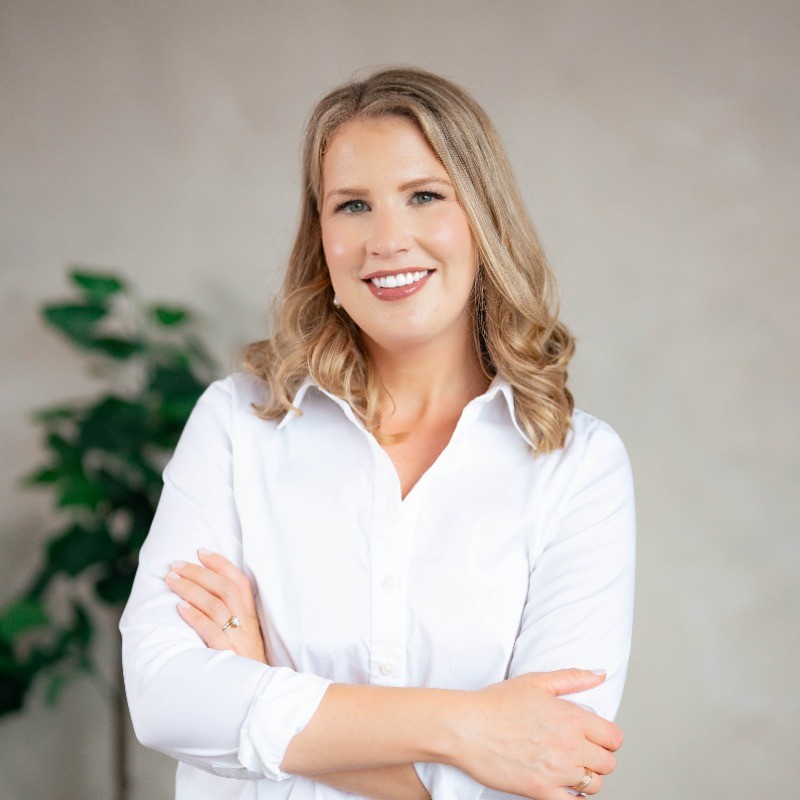Every day you have dozens of conversations, and each week a few of those are with people you don't catch up with on a regular basis. Believe it or not, one of those conversions can turn into a project.
From Bradley Jacobs, Mylance Founder and CEO
How this happened to me
I was in New York visiting family and working from a co-working space. It turns out, the co-working space was actually an early-stage start-up that was turning restaurant spaces into working spaces during the day.
Given how small the company was, the Head of Operations of the company happened to be there and sponsored a Happy Hour for the folks working there. I was curious about their business, so I went over to talk to him. We got to chatting about the company, and how they'd originally tested their model, and I started asking questions about how they were thinking about expansion, launch, and scale. As I asked curious questions, I dove into areas where I'd become an expert at Uber.
As we talked, I asked questions and listened intently to his answers. As we went on, he started to have fewer thoughts about the deeper areas, and he eventually turned it around on me, asking me what I thought they could do. This was the perfect entry - I could answer his question, reference my Uber experience (I launched Miami and Milan for Uber Eats, and launched Uber Freight in the US), and help him think about how he'd scale the business efficiently.
Without an intention of selling myself, I gave him tangible thoughts for his business, I validated myself and my experience, and I teased a way I could help with their business.
As the conversation wound down, he gave me his card and told me to email him to set up time to talk to see if we could work something out.
How asking questions helps you scope out a project
Asking questions not only validated me as an expert, but it also helped me learn a ton about their business. I learned where they're doing well, where they're struggling, what they've tried thus far, their fundraising status, details about their team, etc. All of this information gave me insight into what a potential project could look like for us.
The three specific tactics used above to help me get in the door and move towards closing a big project:
I started with curiosity about his business
Everyone likes talking about themselves. Use this to your advantage. Ask a lot of thoughtful questions and be a great listener.
Asking great questions does a few things:
- It legitimizes you if you ask questions in your area of expertise
- You learn a TON about their business, their challenges, what’s top of mind for them, etc.
- They feel “heard” that you understand what’s going on for them
As an example, if I'm an expert in scaling businesses through process and product without adding lots of headcount, I can ask questions along this line of business strategy. Since I'm an expert on this topic, I'm going to eventually ask questions that they haven't thought through, or don't know the answer to. This is validating me as an expert, and potentially showing a weakness in their business. If the business is having trouble in this area, they might need my help.
To validate yourself well, you need to have your niche down, communicate it well in your concise introduction, and then ask great questions (Step 1). Your first job with your questions is to understand the business and understand their challenges.
Start with broad questions
Ask them what keeps them up at night. Ask them about a goal they have over the next 6-12 months. Maybe they want to hit a revenue milestone. Or raise a round of funding. Or get to profitability. Or get acquired. Find out what their motivation is. You’re going to use this throughout the rest of the conversation.
Some sample questions for this section:
- “What keeps you up at night?”
- “What goals are you striving towards?”
- “What are your most pressing needs?”
- “What’s an upcoming growth or profitability milestone for you?”
Ask more specific questions once you know their goals
Once you know where they want to go, ask what’s holding them back from getting there. You might have to dig in a bit more than you’re used to. Keep asking until you get some good answers. In a perfect world, their biggest challenges align with your area of expertise. This alignment is a home run for you and enables you to get an extremely high rate because they NEED you.
For example, If I’m a marketing analytics expert, I might ask things like
- How do you currently measure CAC?
- What about CAC across channels?
- How do you use data to determine which channels to focus on or ones to deprioritize?
- How often do you revisit those decisions?
- How do you connect your sales and marketing efforts to make sure data is tracked across the org?
Regardless, learn as much as you can about their business and challenges. Learn what their specific goals are, and what's preventing them from getting there. If they have a specific goal in mind and you can help them get there, you're in good shape. Take mental notes, and learn as much as possible.
You’re going to use this to find out if there’s an opportunity for you to help, and you’ll use the details they share if you get to the proposal stage.
Get them to elaborate
Information is power. The more information you have, the more power you have to use what they’re telling you to craft a project that they’re very likely to say YES to.
You don’t always need to ask the next question. There are two specific techniques you can use to get them to keep talking. Shout out to Chris Voss from “Never Split the Difference” for the suggestion on these:
1. Mirror - mimic the last 1-3 words of the end of their sentence. They’ll likely explain further.
Example:
Client: “Our marketing department is really holding on by a thread.”
You: “They’re holding on by a thread?”
Client: “Yeah well, we lost our head of marketing, and I’m not sure we’re going to be able to replace her in time to hit our goals for Q2.”
2. Label - label what they’re saying by starting with “it seems like...” and they’ll likely elaborate if you’re right or if you’re slightly off, and you can hone in on what’s really going on.
Example:
Client: “We had to fire our head of marketing because he wasn’t getting the job done and now we’re struggling to calculate CAC”
You: “Got it. It seems like you’re frustrated with tracking around your current marketing efforts”
These might seem a bit awkward at first, but they do work, and better, the person will have no idea what you’re doing. They’ll feel incredibly heard and understood by you, and you’ll be learning tons of new information that will be valuable as you scope out an opportunity.
These techniques encourage the person on the other side of the table to elaborate on their issue, which helps you dive further into their challenges, and thus where you can help them. Take as many notes here as you can (mental notes if you’re in person, otherwise, write down as much as you can using their exact words when possible).
Using their words in your proposal or in future conversations will help them resonate strongly.
Transitioning to a project
As you’re narrowing in on their challenges, your job is to find how big of a problem it is for the company, what they’ve already done to solve it, what hasn’t worked, and what roadblocks are currently in their way. This will help you avoid push-backs later, and could be the difference between wasting your time, and closing a client. You can ask questions like:
“How important is this problem to the company right now?”
“What have you done so far to address it?”
“Is there a way I can be helpful?”
“What’s your current budget to address this problem?”
“Who needs to sign off on getting help with this problem?”
End the conversation intentionally
With every conversation, there are two outcomes that you’ll want to drive towards.
Option 1: They can use your help
Obviously, this is preferred. As you ask questions, it can often be a natural sequence to see if they need your help with the problem you’ve outlined through your questions. In this case, tell them you’ll follow up within 24 hours with a proposal. If you’re not ready for a proposal, book a call before you end the conversation - do not rely on email. Keep the momentum going!
Option 2: They don’t need your help
If you decide there's not a great match between their challenges and your area of expertise, ask if they can make two introductions to people in their network who might be a good fit for your expertise. When you do this, follow up in a day or two to make sure they follow through. When done well, these calls will lead to either a project or warm introductions to good leads.
If Option 1 is the case, follow through and send over a kick-ass proposal!
This article comes to you from Mylance. Mylance runs lead generation for your fractional business to fill your pipeline with curated leads, making finding your next client much easier! We also have a free, vetted community for top fractional talent that includes workshops, a rates database, networking, and a ton of free resources to support your fractional business. Apply and join us!

Written by:
From Uber to Fractional COO to Mylance founder, I've run my own $25k / mo consulting business, and now put my business development strategy into a service that takes it all off your plate, and powers your business





